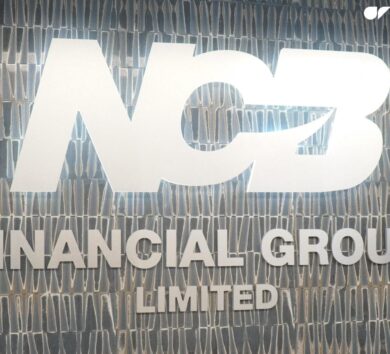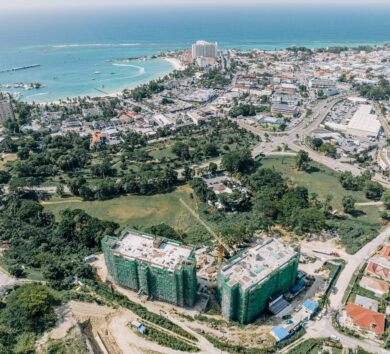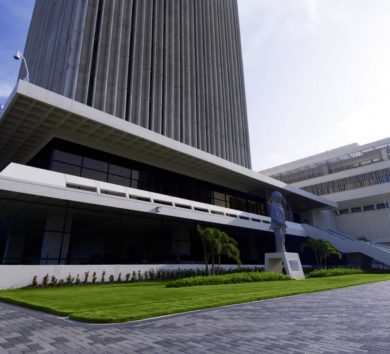
Sygnus Credit Investments Limited (SCI), a player in the regional private credit investment which has targeted providing flexible debt capital to Caribbean middle-market businesses, has put in a positive performance as the COVID-19 crisis continues to impact both local and regional financial companies.
For the three-month period ended September 30, SCI reported net profit of US$797,800, up 51.1 per cent, the highest for a September quarter, and total investment income of US$1.31 million, up 19.8 per cent. Three-month earnings per share grew to US$0.0023, up from US$0.0015 in the previous year. Meanwhile, investment in portfolio companies across the Caribbean rose 116.9 per cent to a record US$62.3 million, diversified across 29 private credit investments, 10 industries and seven Caribbean territories.
The value of new private credit investments during the period was US$8.7 million, which did not include US$4.0 million in additional commitments that were not fully drawn down by portfolio companies.
The portfolio yield was 12.0 per cent.
SCI’s private credit portfolio remained resilient during the quarter with zero realised credit losses for a 13th consecutive quarter, and was well positioned to see out the global COVID-19 pandemic.

Following the growth in its portfolio, SCI’s Board authorised the company to raise up to US$50 million equivalent in equity and debt capital to finance its robust investment pipeline.
“We are very vigilant and clear about what our number one job is at this time: minimise permanent or ‘realised’ credit losses, which can destroy shareholder value,” said Jason Morris, Sygnus co-founder and chief investment officer.
Morris added that, at this stage, the board was fairly comfortable with SCI’s private credit portfolio, and did not have any expectation of realised credit losses near term.
As the Caribbean leader in the private credit space, SCI is committed to playing a major role in financing the recovery and growth of middle-market businesses.
Jason Morris, Sygnus Credit Investments Ltd’s executive vice president and chief investment officer
“Private credit, like other forms of alternative investments, is agile and flexible capital, and thus resides in a different habitat to traditional debt financing (bank loans, corporate bonds etc),” he said.
“We know that during periods of great market stress, middle-market businesses will have the greatest need for agile and flexible capital in order to recover and pursue growth opportunities. Through SCI’s regional footprint and deep market relationships, we are witnessing a material pickup in demand by Caribbean businesses for this type of financing amid the pandemic.”
Addded Morris: “As a result, SCI has a robust pipeline of high quality investment opportunities that are at various stages of due diligence. As the Caribbean leader in the private credit space, SCI is committed to playing a major role in financing the recovery and growth of middle-market businesses.”
He said that, in order to deliver on its commitment, SCI intended to raise US$50 million in additional capital within 12 months, first via an additional public offering very shortly, and later via an increase in debt.
“In our view, for the Caribbean to have any chance of a robust recovery from COVID-19, it will require an unprecedented deployment of different forms of alternative financing, including private credit, to complement traditional financing sources, given the significant constraint on regional government finances” Morris argued.
“Global private credit assets under management (AUM) is projected to grow from US$848 billion in 2020 to US$1.46 trillion in 2025, according to Prequin, a global alternative financial database. SCI wants to push the Caribbean region’s AUM to above US$1 billion equivalent in this asset class over the medium term, from what may be at best US$200 million currently.”







Comments